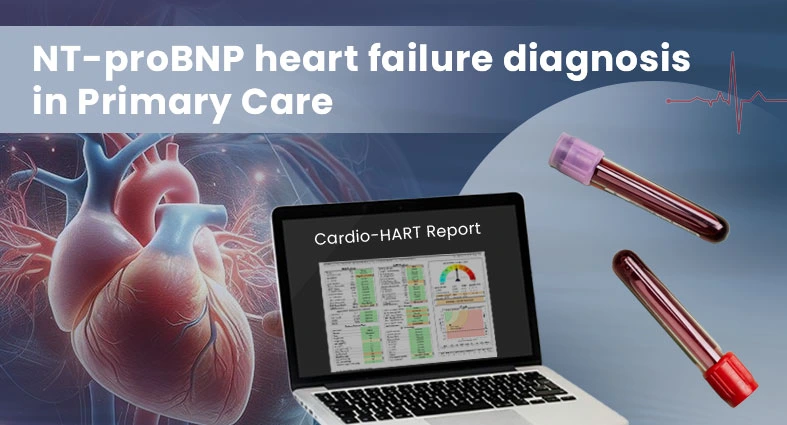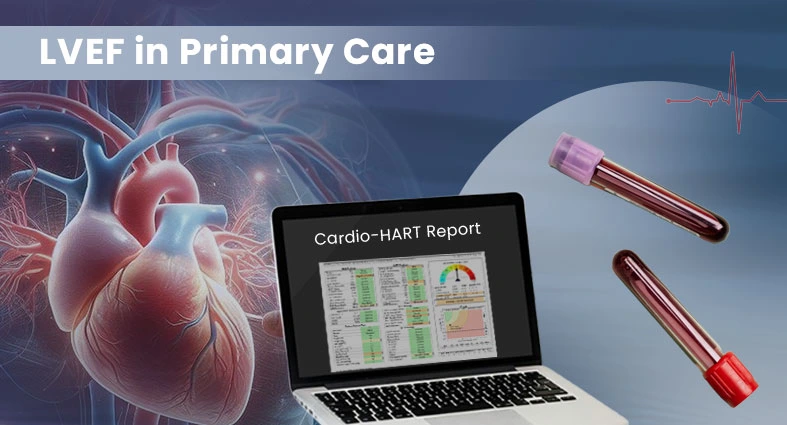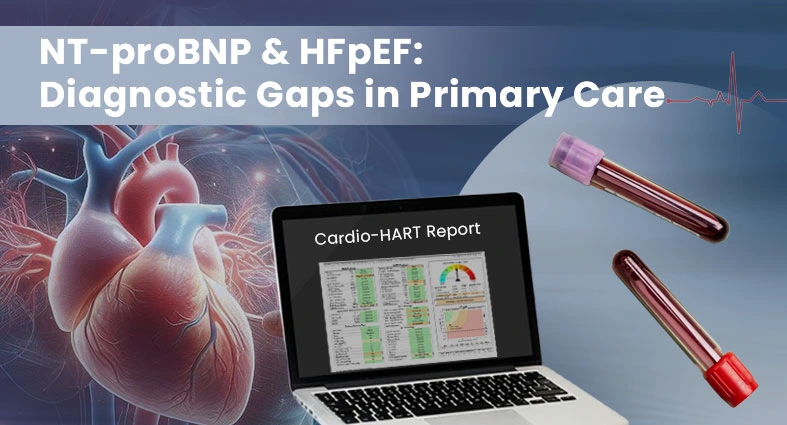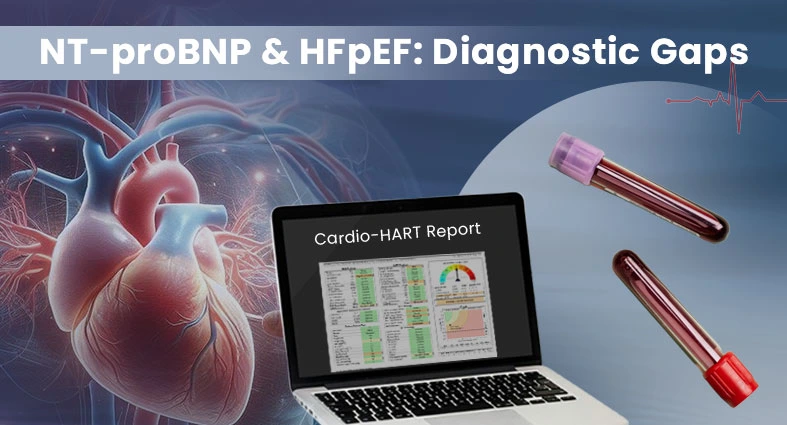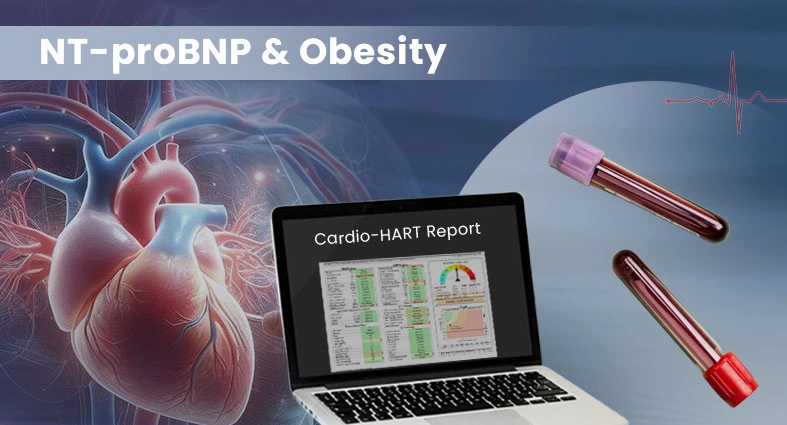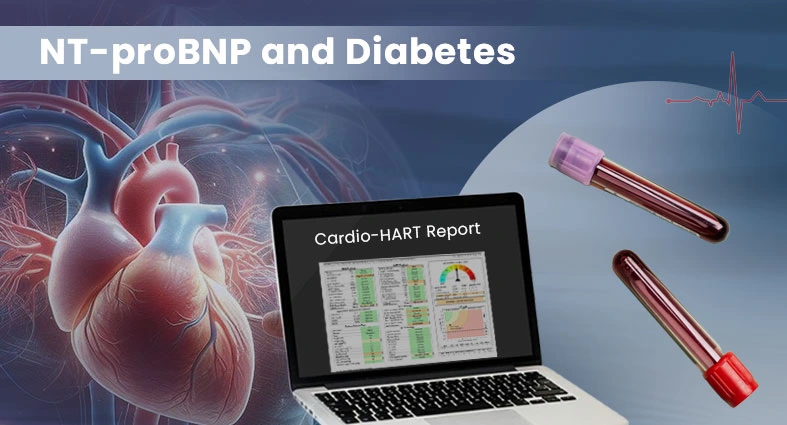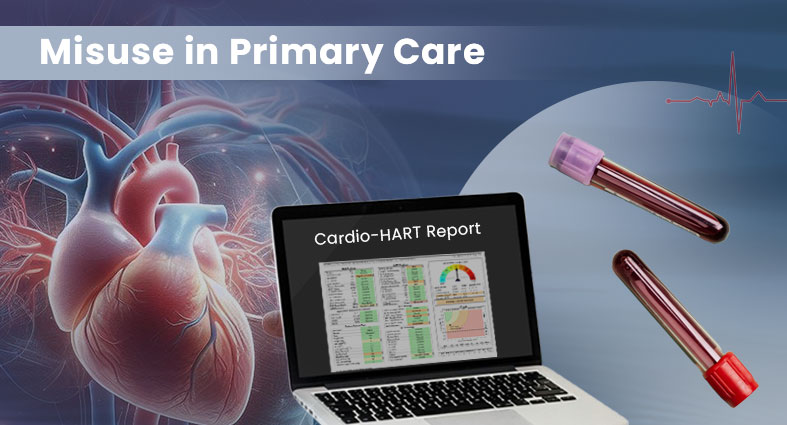ECG Is Failing Us — and Guidelines Already Know It
A clinical opinion inspired by a real case from ESC Congress, Madrid 2025 ECG is failing us when it is treated as sufficient for ruling out structural and functional heart disease. It is fast, inexpensive, widely available, and indispensable for rhythm assessment — particularly atrial fibrillation. But familiarity can quietly turn into overreliance. A real […]
ECG Is Failing Us — and Guidelines Already Know It Read More »





